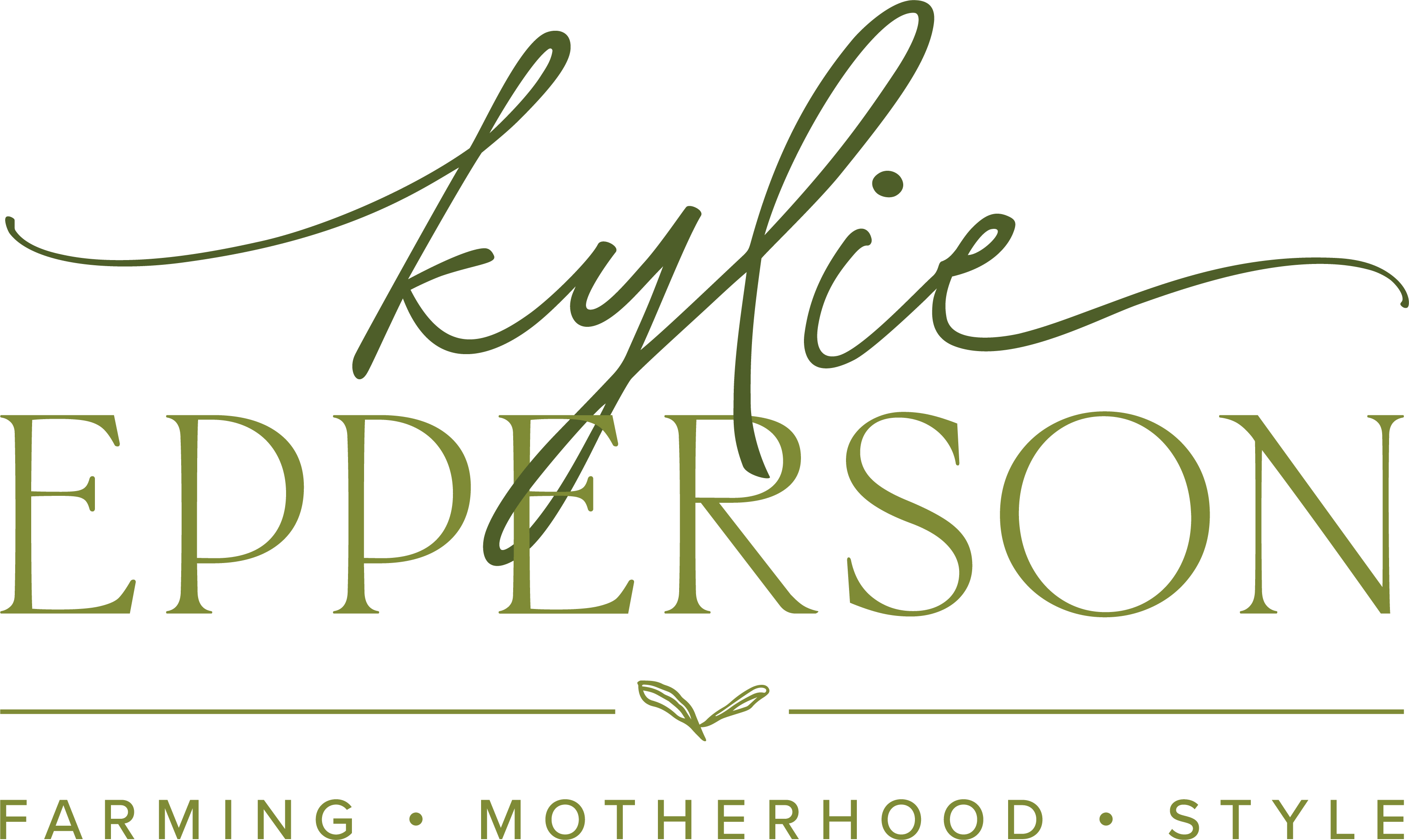
As this pandemic continues to develop, my emotions have traveled from panic to fear to anxiousness and now lie in the area of facts and faith over fear. I still check the markets multiple times per day and watch our grain prices plummet and the hog markets fall in step with grain. Boo.
The Smithfield Processing Plant closure demands attention in Ag headlines, and it brings forth many questions among farmers, pork production workers, and consumers as we begin to think about the repercussions of closing a processing plant “indefinitely.” Let me answer some questions surrounding pigs, pork production and Covid-19.
Recent research confirms pigs are not susceptible to SARS-CoV-2, which causes COVID-19. Therefore, pigs cannot get or transmit COVID-19 to humans and vice-versa. (Thank goodness!) (NPPC)
Pork producers are proud to be among the men and women across the country considered an essential service, thus deemed responsible by our government for continuing to diligently do our jobs and provide safe, healthy protein for consumers.
Unfortunately, with little known about COVID-19 and no vaccine readily available, humans (think pork production employees, truck drivers, processing plant workers) are very susceptible to contracting the virus. We all know that COVID-19 is very contagious. So, as the Smithfield Packing Plant in South Dakota proves, once the virus gets into a system, it brings it quickly to its knees. Human protection is obviously EVERYONE’s main concern. Next, however, on our list is animal welfare. Smithfield Foods in Sioux Falls employs approximately 3,200 people and over 550 independent family farms rely on weekly pork deliveries to that plant.

Each piece of the food supply chain is VITAL. There is no pinch hitter – each step holds their own value to get the meat from the farm to the table. With the closure at Smithfield, multiple farmers are scrambling to find shackle space for their hogs who are ready to go to market now. These farmers will be forced to put their hogs on a holding diet to ensure that they are not grossly overweight when they get to market. In our farrow to finish operation, we depend on a smooth, flawless schedule. From the breed date to birth, wean date to nursery movement to finisher, all the way until the pigs are shipped to market, it is all on a loose but defined schedule. That schedule is even more definite after the pigs leave the farm from when the pigs become meat to when that meat is sent to predetermined stores to stock shelves for consumers to purchase. One small hiccup in this chain has a buckling ripple effect. Because of this, hog prices at market are hitting record lows, causing crippling financial tension on farmers.
The health of the employees at the Smithfield Plant is very important. With labor already being a challenge across the board, the pork supply chain is searching for solutions to ensure no parts of the supply chain are halted because of human illness. Measures need to be taken to reopen the Smithfield plant as soon as possible. And in the case that other plants, farms, transport employees, get the virus, Rest assured, meat is plentiful and available. However, with more “hiccups” expected in the system, we must be aware and somewhat concerned over the repercussions of a human-pandemic in our food supply chain.
To be very, very clear, the meat produced from a plant where Covid-19 pops up does NOT pose concern to consumers. Covid-19 is NOT a food-borne illness.
There has been a drastic shift in consumer purchasing in meat. This is why our grocery shelves are currently low-in-stock in the meat department. While the National Pork Producers Council is fighting for the pork supply chain in DC, the National Pork Board is working just as hard to smooth the supply chain holes and is even connect retailers to other suppliers as needed. We have amazing organizations going to bat for us. According to the NPPC, the volume of meat sold at grocery stores increased 78% during the week ending March 22, when compared to the same week in 2019. Meanwhile, restaurant sales decreased 65%.
When life goes back to “normal,” which it will eventually, I pray that we value the little things we took for granted, like the safety and consistency of the food supply chain. Pork is a delicious, nutritious and healthy choice of protien at the store. All pork cuts are super affordable and there are many cuts you can purchase at your local store and eat one, two, even three meals from (going to expand on this soon!)
Pork producers (and everyone who works in the food supply chain) will continue to do our due diligence to produce pork. Continuing food production is a responsibility we owe to our great country.

⠀⠀⠀⠀⠀⠀⠀⠀
We are not giving up.⠀⠀⠀⠀⠀⠀⠀⠀⠀
We are hopeful.⠀⠀⠀⠀⠀⠀⠀⠀⠀
We are faith-filled.⠀⠀⠀⠀⠀⠀⠀⠀⠀
We are fighters.⠀⠀⠀⠀⠀⠀⠀⠀⠀
We are FARMERS.
What can you do for us? Continue supporting pork producers by grabbing a few extra pounds of bacon, sausage, ham, loin… all the pork at the grocery store. Because what you purchase at the store is pork produced from your neighbor – raised by a dedicated American farmer like us.
God bless you and your family!
